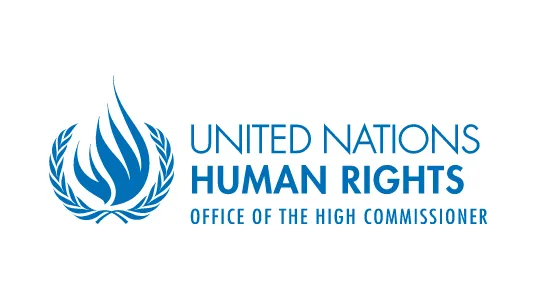Report of the Special Rapporteur on the situation of human rights in Myanmar – Advance Unedited Version

Summary
The people of Myanmar continue to suffer from a deteriorating human rights and humanitarian crisis. An illegitimate military junta would like the world to believe that only it can restore peace and stability to the country. The opposite is true. The coup of February 2021 has been followed by ever greater levels of human rights violations, violence, oppression, lawlessness, and poverty.
Junta forces have responded to losses on the ground with a widespread campaign of violence against civilians that includes an escalation of airstrikes on villages and the burning of tens of thousands of homes. Displacement and human suffering continue on a massive scale, exacerbated by the landfall of Cyclone Mocha and the junta’s shameless restrictions on humanitarian aid. Nearly 20,000 political prisoners are now behind bars where many endure torture and appalling conditions. Rohingya continue to face systematic human rights violations in Myanmar and rapidly deteriorating conditions in refugee camps in Bangladesh.
In this report, the Special Rapporteur describes conditions in Myanmar that should be of grave concern to Member States. However, he also describes developments that offer a path forward for a more effective international approach to the crisis. The UN High Commissioner for Human Rights recently made a public call for “new thinking” to address the crisis in Myanmar. This report cites timely examples of new thinking and new action, including the sanctioning of jet fuel and key financial institutions relied on by the junta. The Special Rapporteur makes a series of recommendations and urges Member States to continue to strengthen and coordinate actions to support the people of Myanmar, who have demonstrated remarkable courage and tenacity to defend human rights and seek an end to this crisis.
Announcements
28 February 2025
Asian NGO Network on National Human Rights Institutions , CSO Working Group on Independent National Human Rights Institution (Burma/Myanmar)
Open letter: Removal of the membership of the dis-accredited Myanmar National Human Rights Commission from the Southeast Asia National Human Rights Institution Forum

Progressive Voice is a participatory rights-based policy research and advocacy organization rooted in civil society, that maintains strong networks and relationships with grassroots organizations and community-based organizations throughout Myanmar. It acts as a bridge to the international community and international policymakers by amplifying voices from the ground, and advocating for a rights-based policy narrative.